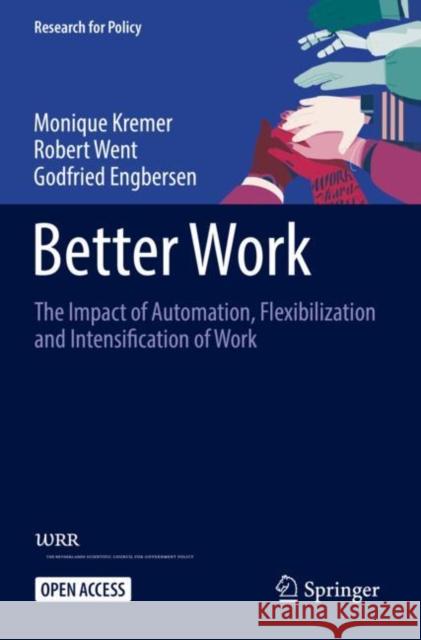Better Work: The Impact of Automation, Flexibilization and Intensification of Work » książka
topmenu
Better Work: The Impact of Automation, Flexibilization and Intensification of Work
ISBN-13: 9783030786847 / Angielski / Miękka / 2021 / 212 str.
Better Work: The Impact of Automation, Flexibilization and Intensification of Work
ISBN-13: 9783030786847 / Angielski / Miękka / 2021 / 212 str.
cena 160,61
(netto: 152,96 VAT: 5%)
Najniższa cena z 30 dni: 154,18
(netto: 152,96 VAT: 5%)
Najniższa cena z 30 dni: 154,18
Termin realizacji zamówienia:
ok. 16-18 dni roboczych.
ok. 16-18 dni roboczych.
Darmowa dostawa!
Kategorie:
Kategorie BISAC:
Wydawca:
Springer
Seria wydawnicza:
Język:
Angielski
ISBN-13:
9783030786847
Rok wydania:
2021
Wydanie:
2021
Numer serii:
000917960
Ilość stron:
212
Oprawa:
Miękka
Wolumenów:
01
Dodatkowe informacje:
Bibliografia











